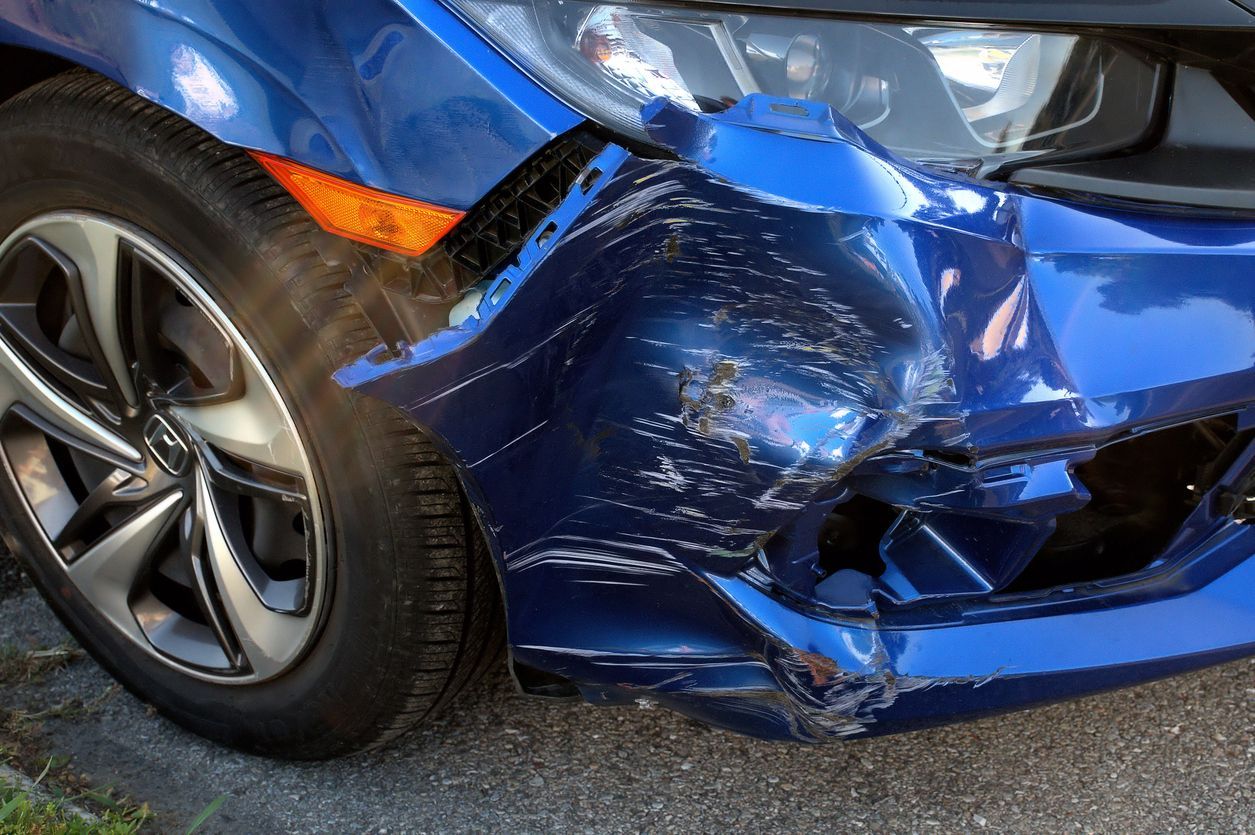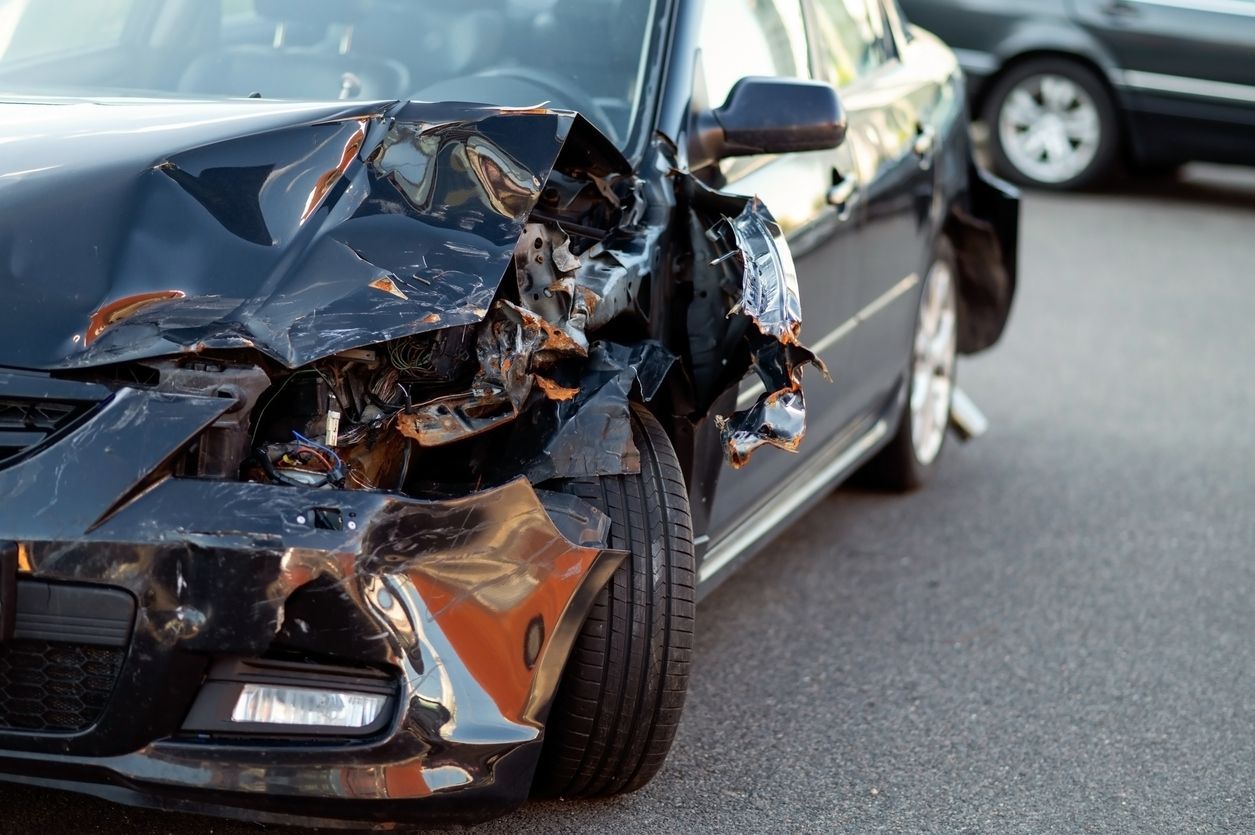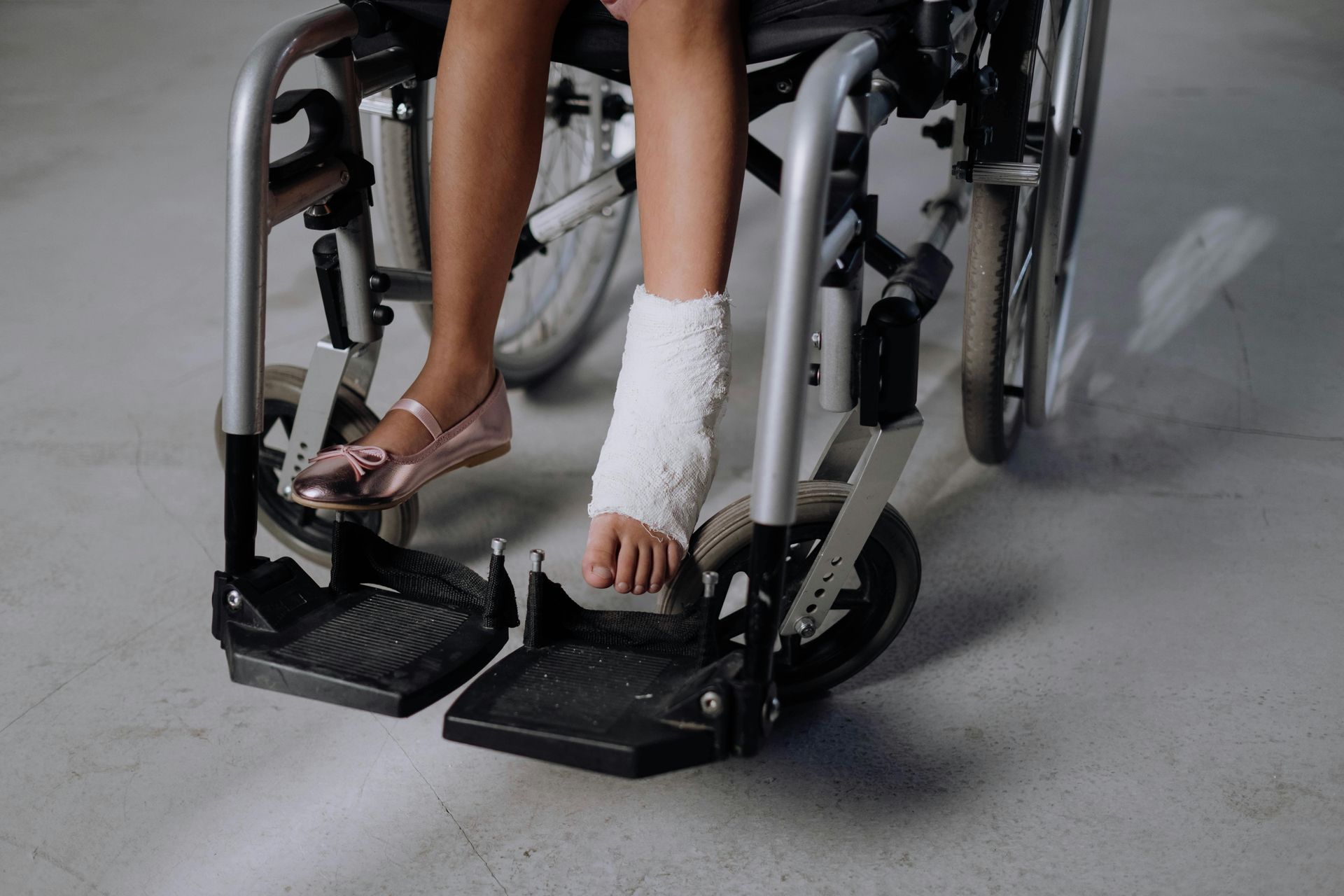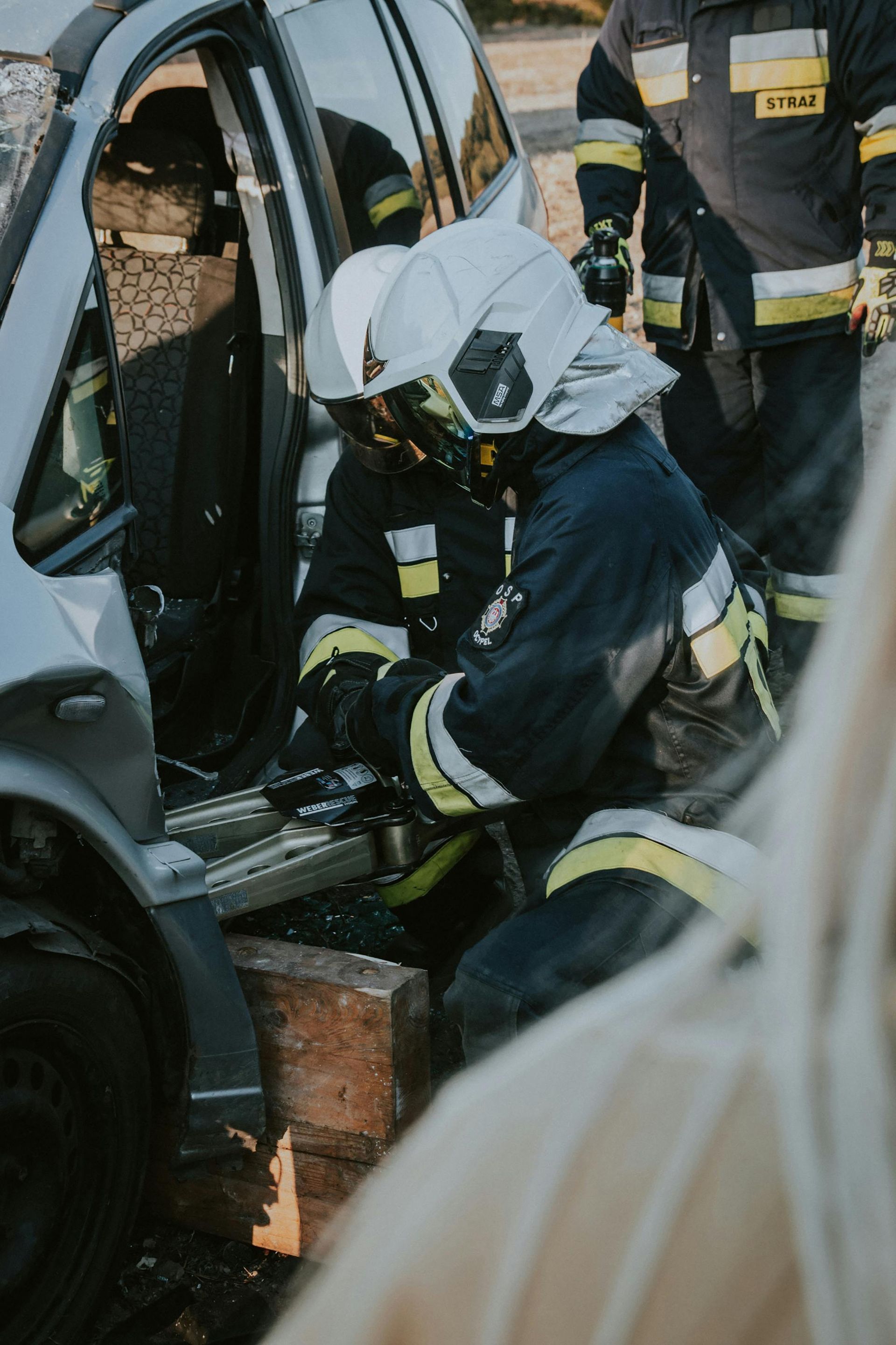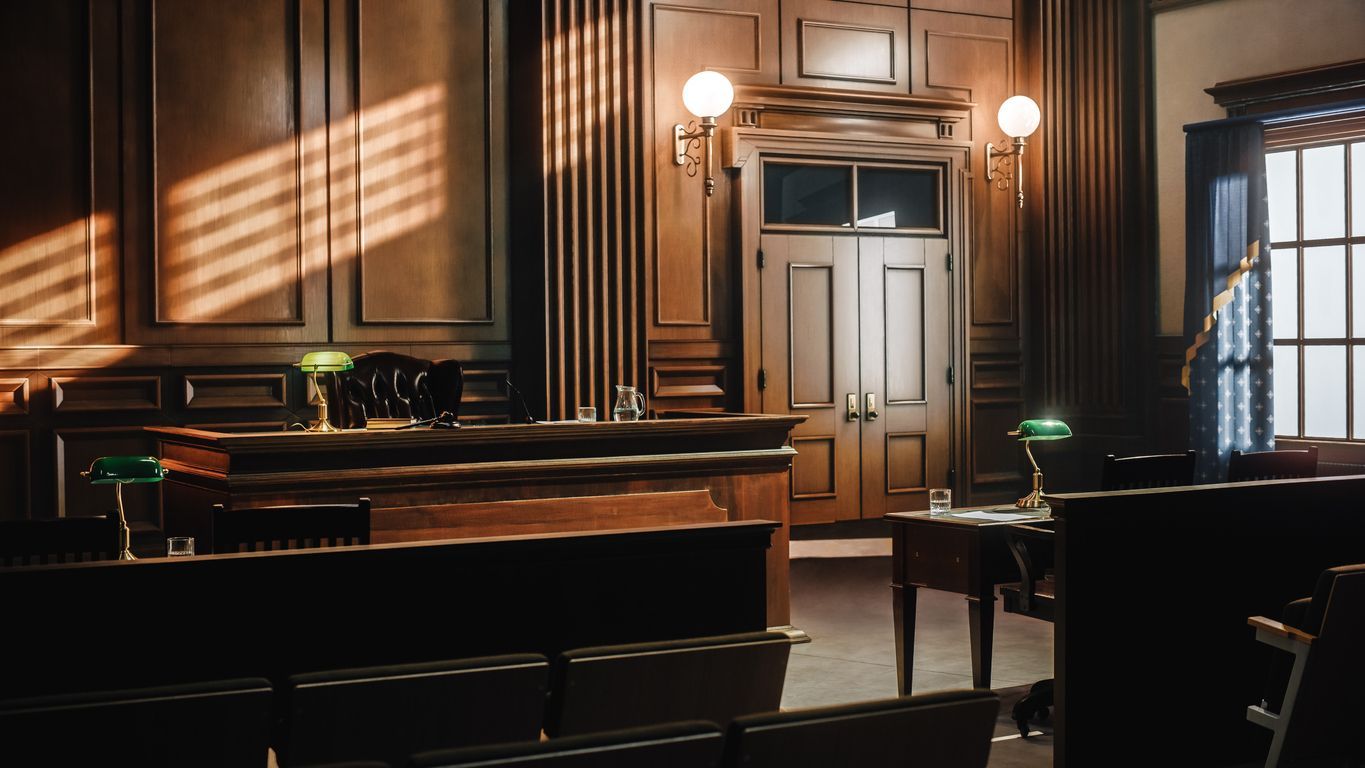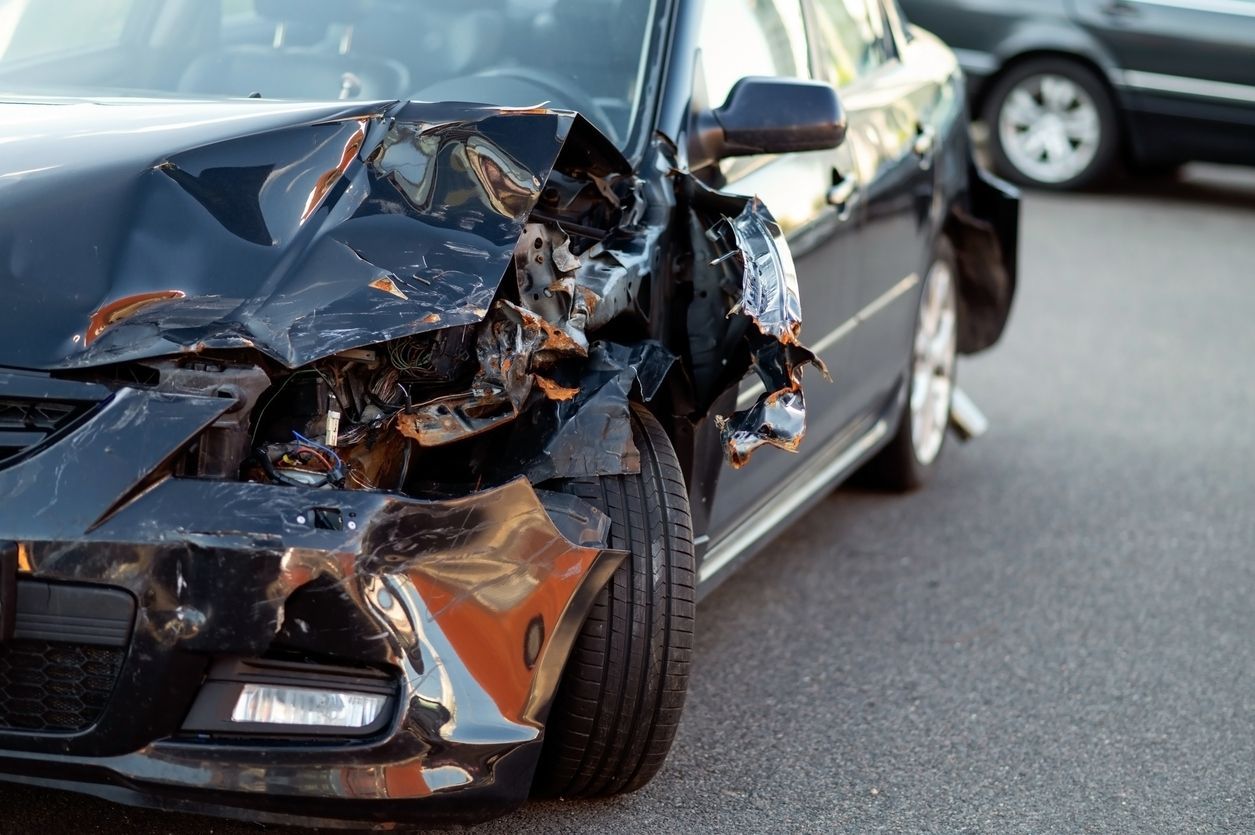Civil Versus Criminal Offences
Finder Law Serves Clients Across Jefferson City, Columbia, and Central Missouri
There are two categories of legal cases. The first is criminal and second is civil. These cases are very different from each other and it’s important to understand those differences.
Criminal Cases
Criminal cases must be initiated by the government. Whether this is a local prosecuting office, the state, or the federal government, citizens cannot charge each other criminally. These cases require hard evidence that meets a high standard of proof- beyond a reasonable doubt. The defendant is presumed innocent at the beginning of these matters and the burden is on the state to prove their guilt. Criminal charges could include serious felonies (including murder, assault, sexual assault, vandalism, tax evasion, etc.) or smaller misdemeanors (petty theft, DUI, driving without a license, etc.). These all deal with situations where society has an interest in ensuring justice is served. If someone is found guilty of a criminal offense, punishments could include jail time, fines, probation or a combination of several things. All defendants have a right to an attorney when charged criminally, so if they cannot afford to hire one on their own, a public defender will be appointed for them. Their civil rights, such as the right to privacy, the prevention of illegal search and seizure, and the right against self-incrimination can all come into play in criminal cases.
Civil Cases
Civil cases exist between two private parties, such as individuals and/or organizations. Rather than facing possible jail time, the punishment is usually monetary. Civil cases could be brought due to breach of contract, divorces, property damage or negligence. An individual or organization must bring the case to the court’s attention by either filing something on their own or hiring a civil attorney. The standard of proof is much lower in civil cases. The plaintiff must prove it was more than 50% likely that the claim is true. This is called preponderance of evidence. While juries may be involved in some civil cases, most of them are decided by a judge. Defendants in a civil case are not given as many protections.
Can Someone Be Charged with Both Criminal & Civil Offenses?
Most of the time, a case will be either criminal or civil. In some cases, there may be overlaps. One of the most famous examples of this is the O.J. Simpson trial. While the state brought criminal charges of which he was found not guilty, the victims’ families brought civil charges against him and he was found guilty.
Final Thoughts
Civil and criminal cases can overlap, but they remain quite distinctly different. At Finder Law, LLC, our attorney, Daniel Finder, represents clients in both types of cases. If you need a criminal defense attorney, we can help protect your rights. If you have a civil matter as either the petitioner or the defendant, we can help you with that as well. Daniel has over 10 years of experience in private practice and can help you with all your legal needs.
This blog is for informational purposes only and does not constitute legal advice. For specific guidance, please contact our office directly.

